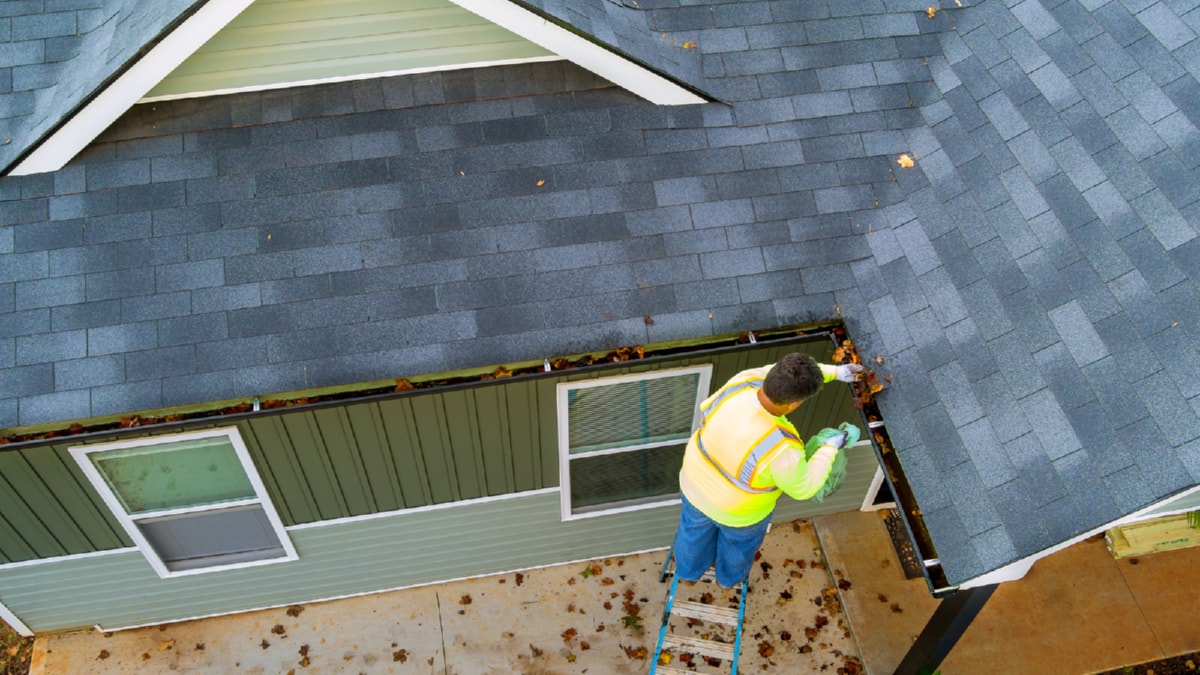The construction industry is often characterized by its high energy consumption and considerable waste generation, posing considerable challenges to our environment. However, in recent years, a paradigm shift has been noted towards more sustainable practices, which have the potential to significantly mitigate these environmental impacts.
Sustainable practices in the construction industry primarily encompass the adoption of green building materials, efficient energy use, waste management, and the consideration of a building’s lifecycle. These practices have multifaceted impacts, not only on the environment but also on economic and social aspects.
One of the most direct impacts of sustainable practices in construction is the reduction of environmental degradation. By using green materials, which have lower embodied energy and produce less pollution during their production, the industry can significantly minimize its carbon footprint. Furthermore, efficient energy use in construction processes and the integration of renewable energy sources in buildings can drastically reduce energy consumption and greenhouse gas emissions.
Waste management is another crucial aspect of sustainable construction. According to the U.S. Environmental Protection Agency, construction and demolition waste accounted for over 600 million tons in 2018. By implementing strategies such as recycling and reusing materials, the industry can substantially decrease waste production, thus reducing landfill usage and its associated environmental impacts.
Beyond environmental benefits, sustainable practices in construction also bring about considerable economic advantages. Green buildings typically have lower operation costs due to their energy and water efficiency. Moreover, they often have higher property value compared to conventional buildings. On a macroeconomic level, the demand for green buildings and the need for skilled labor in this area can stimulate job creation and economic growth.
Sustainable construction practices also have significant social impacts. Green buildings often provide healthier and more comfortable living and working environments due to improved indoor air quality and natural lighting. This can enhance occupants’ well-being, productivity, and overall quality of life. Furthermore, by reducing the industry’s impact on climate change, sustainable construction contributes to the broader societal goal of sustainable development.
Despite these benefits, the adoption of sustainable practices in the construction industry still faces many barriers, including higher upfront costs, lack of awareness, and technical challenges. It is, therefore, crucial for governments, industry bodies, and educational institutions to collaborate in promoting these practices, providing necessary training, and developing supportive policies and regulations.
In conclusion, sustainable practices in the construction industry have profound impacts on environmental preservation, economic prosperity, and societal well-being. While there are still hurdles to overcome, the shift towards sustainability is an inevitable and necessary path for the construction industry to ensure our built environment’s future sustainability. Through continuous innovation, collaboration, and commitment, the industry can play a pivotal role in addressing some of the most pressing environmental and social challenges of our time.
For more details, check best masonry services or visit their business listing here.



